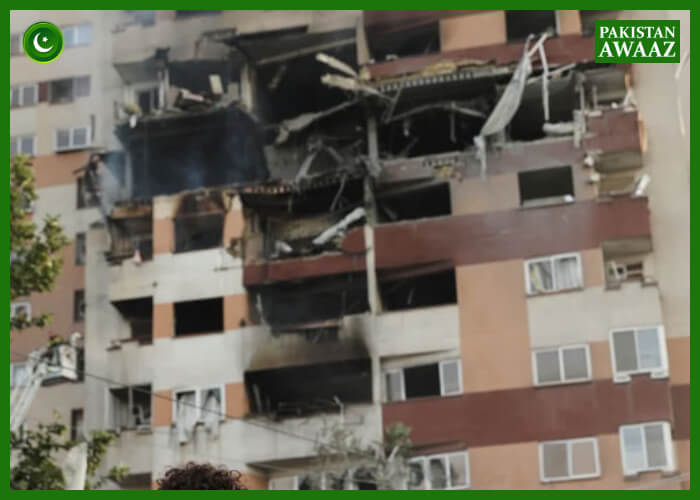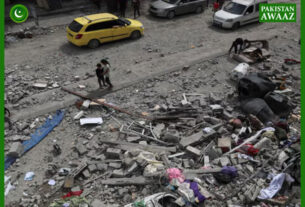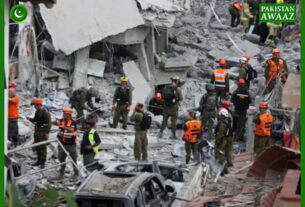On Friday, Israel announced it had launched strikes against Iran’s nuclear sites, ballistic missile production centers, and senior military figures, initiating what it described as a long-term campaign to stop Tehran from developing a nuclear weapon.
In a dramatic escalation, Israel strikes Iran nuclear facilities, ballistic missile plants, and key military leaders. This offensive marks the beginning of what Israeli officials describe as a sustained military operation to halt Tehran’s nuclear ambitions.
According to Iranian media outlets and eyewitnesses, multiple explosions occurred—including one at the vital Natanz uranium enrichment facility. As a result, Israel declared a state of emergency and swiftly mobilized its defenses in anticipation of possible missile and drone attacks from Iran.
Moreover, Iranian state TV confirmed the death of Hossein Salami, head of the Revolutionary Guards. The strike also led to civilian casualties, including children, in a Tehran neighborhood. Prime Minister Benjamin Netanyahu named the military campaign “Operation Rising Lion,” vowing to eradicate Iran’s nuclear threat entirely.
Details of the Offensive
“We are at a decisive moment in Israel’s history,” Netanyahu asserted. “This operation will persist until we eliminate the threat.” Military sources stated that Israel deliberately targeted scientists, missile production centers, and enriched uranium facilities—specifically emphasizing Israel strikes Iran nuclear facilities in Natanz.
Additionally, an Israeli military official revealed that Iran possesses enough enriched material to manufacture 15 nuclear bombs within days. Alongside aerial strikes, Mossad conducted covert sabotage missions on strategic missile systems and air defense locations.
Due to the escalating tensions, Ben Gurion Airport in Tel Aviv has been shut down indefinitely. Air defense units remain at the highest alert level, preparing for a potential counteroffensive. Defense Minister Israel Katz warned that Iran may soon launch drone and missile strikes on both civilian areas and critical infrastructure.
International Response and Strategic Implications
Meanwhile, US Secretary of State Marco Rubio emphasized that the United States played no part in the strikes. “Israel acted independently,” he stated. “Our main concern is protecting American forces in the region. Iran must not retaliate against US personnel.”
In response to the evolving crisis, President Donald Trump convened a National Security Council meeting. While American officials acknowledged that Israel had been planning the attack, the Pentagon is now reviewing contingency plans to evacuate US citizens from the Middle East if necessary.
Israeli Chief of Staff Eyal Zamir underscored the historical weight of this operation. “This is a vital mission aimed at neutralizing an existential threat,” he remarked. Tens of thousands of Israeli troops have been deployed to safeguard national borders and prevent incursions.
Global Economic Shockwaves and Diplomatic Stalemates
The offensive sent shockwaves through global markets. Crude oil prices surged, while major stock indices experienced sharp declines. Scheduled peace talks between the United States and Iran, which were to take place on Sunday in Oman, now face significant delays. Mediators reported a diplomatic deadlock even before the attack occurred.
Just one day earlier, President Trump had predicted that an Israeli strike on Iran “could very well happen,” although he remained hopeful for a peaceful resolution. However, the events that have since unfolded suggest that a long and uncertain road toward de-escalation lies ahead.
Also Read:
Israeli fire kills 60 in Gaza, many near aid site, medics say
Related Source:
Middle East coverage on Reuters




